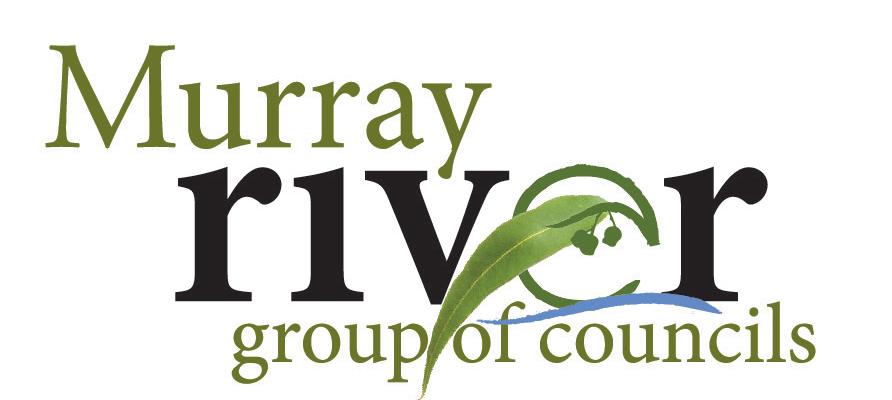Communities in northern Victoria are still reeling from the impact of the recent floods. Some people are only now able to start work assessing the damage to their homes and farms.
As State and Federal Water Ministers prepare to meet to discuss the Basin Plan, the Councils of the Murray River Group representing these communities are urging all Ministers to listen to the voices from these communities and not to add to their distress.
Cr Rob Amos, the Chair of the Group said “Many in our communities are on their knees. Everyone, every industry is doing it tough with the floods, rising costs of living, and all this after Covid.
“I and my colleague Mayors from across the Murray River Group of Councils (MRGC) have two key asks for Ministers when they meet this week.
“First, take a sensible approach and extend the Sustainable Diversion Limit Adjustment Mechanism (SDLAM) project deadlines.
“Secondly, understand that water Buy-Backs will further divide and hurt our communities that are already suffering” Cr Amos said.
“The SDLAM projects here on the Victorian Murray need to be completed. These precious wetlands are vital. Our tourism industry, the environment our towns and our communities’ wellbeing, relies on these beautiful places. Without these works to deliver water to the floodplain, the wetlands will not survive” Cr Amos said.
“You can’t just buy back the equivalent in gigalitres of water and push it down the Murray. That won’t get water to these floodplain ecosystems. We have this perverse situation where the Commonwealth wants to recover water to help the environment but sending more water down the river won’t help the wetlands. Only these projects can do that. Without SDLAM, come the next drought there will be water flowing past dying trees,” Cr Amos said.
The MRGC is urging Ministers to extend the deadline and to guarantee the funding to allow these projects to be completed as soon as is practicable to enable the floodplain ecosystems to be protected when the next drought comes.
Cr Amos went on to express his concern about the potential for Buy-Backs and the affect it could have on communities across the region.
“With people suffering financially and emotionally, there will always be people who will sell an asset like water if the price is high enough. And that is understandable but the cumulative impact on our region is negative.”
The socio-economic impact of this water recovery has been documented in a number of reports. It has pushed up water prices and increased farming risk. Agricultural jobs have disappeared from the region and water deliveries in irrigation districts are down. Agricultural production across the region has been reduced. Lower farm incomes flow on through local economies affecting all areas.
“Ministers listened to communities in 2019 and put the socio-economic test in place for water recovery. That gave people certainty and stopped the piecemeal, ‘Swiss Cheese’ buying back of entitlement that is so damaging to regional areas. We can’t go back to that,” Cr Amos said.
“The economy in northern Victoria has been devastated by floods, affected by Covid and by workforce issues – the last thing we need now is a Buy-Back program that will take more away from regional areas;,” Cr Amos said.
The MRGC points out that the efficiency measures in the Basin Plan have always been linked to neutral or better socio-economic outcomes. They argue that Buy-Backs are neither, but in fact have a negative effect on their communities.
“Less water in the consumptive pool pushes up prices for everyone. This increases farming risk and actually puts the future of irrigation districts at risk, and ultimately adds to the cost of living pressures we are all experiencing” Cr Amos said.
Media Inquiries: Jo Breen 0408 573 380
